
For the first time, the organizations plan to honor those providing top-notch care for patients with diabetes. Leah Binder, Leapfrog CEO, talks about the new program and why she says it’s so important.

For the first time, the organizations plan to honor those providing top-notch care for patients with diabetes. Leah Binder, Leapfrog CEO, talks about the new program and why she says it’s so important.

A presidential advisory panel recommends the White House take action to lower the number of harmful events in hospitals. Patient advocates offered praise.

Interventions such as movement, mindfulness, and social connection are associated with improvements in physical and cognitive functioning.

A RAND Corporation study found patient satisfaction scores plunged across the country, among all types of hospitals.

Researchers point to the need to ensure the appropriate care for transgender patients, even as the procedures have been restricted in some states.
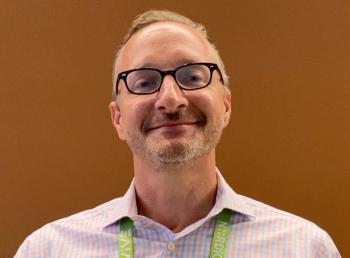
The digital health company is offering more customized experiences on its platform, including options designed to help health systems engage and retain workers.

Researchers also found higher rates among Asian Americans and Hispanic Americans. They say the findings should be a ‘call to action’ for more research and different treatment

The Pennsylvania system’s chief quality officer discusses how they saw significant improvements in patient safety, from empowering employees to improving processes.
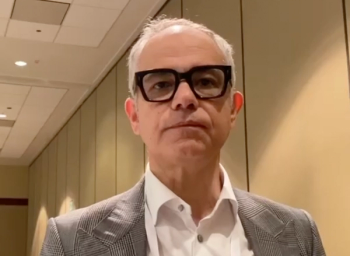
Nigel Girgrah of Ochsner talks about expanding wellness efforts, building support, and how it relates to improving care for patients.

NRC Health announces the recipients of its 2023 awards for consumer loyalty and patient experience.
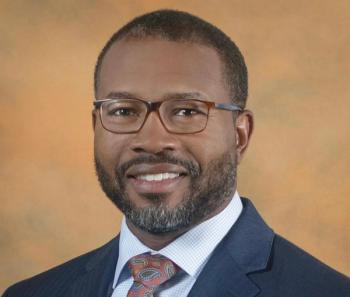
Keith Gray became UTMC’s president in July, and he’ll take over as CEO next spring. He talks about patient care, health equity and why he’s ready to tackle the challenge of improving outcomes.

The ratings include more outpatient measures, a greater focus on data, health equity and more. Ben Harder of U.S. News talked with us about the annual rankings.

The rankings include 22 hospitals that made the honor roll, and some organizations also earned high marks in specialty care.

Offering digital services puts consumers in the driver’s seat of their healthcare, where they want to be.

Consumers need a more sustainable path forward for managing the cost of care, and so will the healthcare organizations that serve them.

Hospitals will always have a place for those who need intensive care. But in the near future, he says most care will be done on an outpatient basis or at home.

While companies value customer loyalty, what people want from the healthcare industry is value for their time.
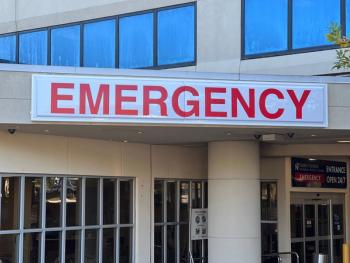
Health systems are showing signs of progress, but a new study sheds light on areas where they can do better to ensure children get the best care.
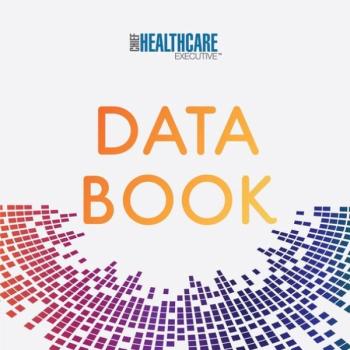
The chief medical officer of Qualtrics, Boissy talks about organizations living their values, improving access, and how empathy provides a great return on investment.

Tens of millions of Americans have been affected by data breaches in the first six months of the year.

The maternal mortality rate more than doubled between 1999 and 2019, a new study shows. Researchers have also identified disparities at the state level.

The companies said this week that the DAX Express solution is going to be available to the Epic community.

Several medical organizations offer updated recommendations to prevent infections. A key: health systems must utilize better stewardship of antibiotics.
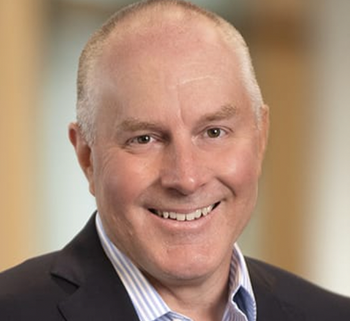
The partnership between the Cleveland Clinic and Amwell is enjoying robust growth. Peter Rasmussen, the chief clinical officer, talks about the venture’s success and what’s coming next.

Some patients end up back in the hospital because they didn’t follow their treatment plan, for a variety of reasons. Colin Banas of DrFirst talks about the need to improve.